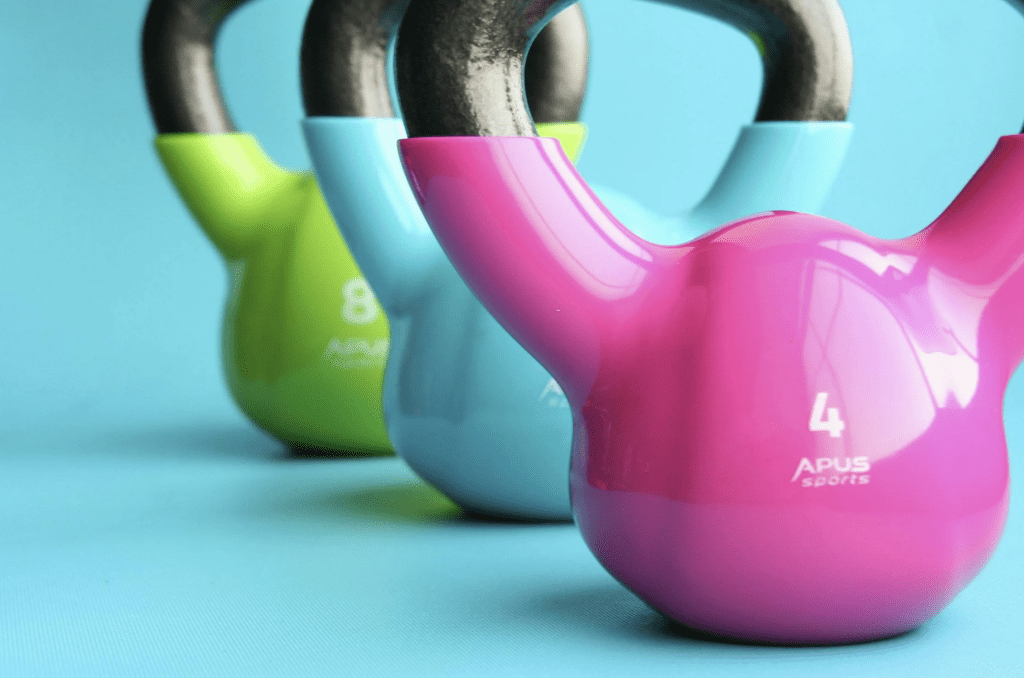How to Manage Stress Without Turning to Substance Use
Stress is an unavoidable part of life. Whether it stems from work, relationships, financial concerns, or everyday responsibilities – it impacts us all. Each person experiences stress differently, and for some, it can be particularly overwhelming. Unfortunately, some individuals cope with this stress by turning to substances such as alcohol or drugs. At Williamsville Wellness, we recognize that managing stress without resorting to substances is crucial for recovery and maintaining long-term well-being. This article offers valuable strategies to manage stress in healthy ways that avoid substance use.
The Impact of Stress on the Mind and Body
Stress is the body’s natural reaction to challenging situations. It’s something everyone faces, but how we handle it makes all the difference. The body reacts to stress by releasing hormones like cortisol, which can affect everything from heart rate to muscle tension. Prolonged stress can lead to more serious health problems such as anxiety, depression, and even heart disease.
For those in recovery, stress is one of the biggest triggers for relapse. When we are overwhelmed, it can be tempting to turn to alcohol, drugs, or other substances as a form of relief. Unfortunately, using substances to manage stress only creates a temporary solution and often leads to even more complicated problems.
At Williamsville Wellness, we believe in teaching healthy coping strategies that help individuals overcome stress without resorting to substances. Developing these skills not only improves emotional resilience but also creates a foundation for long-term recovery and well-being.
Healthy Ways to Manage Stress Without Resorting to Substances
Mindfulness is the practice of being present in the moment and fully aware of your thoughts, feelings, and bodily sensations without judgment. By practicing mindfulness, you can learn to let go of worries about the past or future and focus on what’s happening right now.
Meditation, a key component of mindfulness, is a proven way to reduce stress and anxiety. Spending just a few minutes each day meditating can help clear your mind and relax your body. In addition to reducing stress, meditation helps improve concentration, emotional stability, and overall well-being.
Here’s how to get started with mindfulness:
- Find a quiet space and sit in a comfortable position.
- Focus on your breath and inhale deeply through your nose, then exhale slowly.
- If your thoughts wander, gently bring your focus back to your breath.
- Acknowledge your thoughts and feelings without judgment and let them pass.
Practicing mindfulness regularly can create a sense of calm, making it easier to navigate stressful situations without turning to substances for relief.
1. Mindfulness and Meditation
Depression is another mental health condition that often co-occurs with problem gambling. Some individuals consciously or subconsciously turn to gambling as an escape from their feelings of grief, loss, sadness, or helplessness. In addition, the financial and emotional toll of gambling losses can lead to a deep sense of hopelessness and despair. Individuals may feel trapped in a never-ending cycle of debt, guilt, and shame, which can further contribute to depressive symptoms.
2. Exercise for Stress Relief
Exercise is one of the most effective tools for managing stress. When you engage in physical activity, your brain releases endorphins, which are natural mood boosters that help alleviate stress and improve your overall mood. Regular exercise can also increase energy levels, improve sleep, and reduce feelings of anxiety and depression.
You don’t have to become a marathon runner to experience the benefits of exercise. Even simple activities like walking, swimming, or yoga can make a significant difference in your stress levels. The most important thing is consistency—find an activity that you enjoy and incorporate it into your routine.
Here are some easy ways to incorporate exercise into your life:
- Take a brisk walk around your neighborhood.
- Try a beginner yoga or stretching routine.
- Swim laps or ride a bike at a comfortable pace.
- Do bodyweight exercises or strength training at home.
Exercise helps release tension in the body and provides a positive, healthy outlet for stress. By incorporating it into your life, you can maintain a balanced, healthy mindset.
3. Establish a Healthy Sleep Routine
Good quality sleep is essential for managing stress. When you are well-rested, your body can better handle the physical and emotional toll stress takes on you. On the other hand, lack of sleep increases irritability and makes it harder to deal with stressful situations.
Establishing a consistent sleep routine can help improve your overall health and ability to manage stress. Here are some tips for creating better sleep habits:
- Stick to a regular sleep schedule, going to bed and waking up at the same time each day.
- Create a calming bedtime routine, such as reading, taking a warm bath, or practicing relaxation exercises.
- Avoid caffeine and heavy meals in the hours leading up to bedtime.
- Make your bedroom a relaxing environment by keeping it quiet, dark, and comfortable.
Getting enough sleep each night helps rejuvenate your body and mind, making it easier to deal with daily stressors without turning to substances.
4. Build a Support Network
Social support plays a vital role in managing stress. Talking to a trusted friend, family member, or therapist can help alleviate emotional tension and provide you with a sense of relief. Sharing your feelings with someone who understands can help you feel less isolated and more connected, which is crucial for your overall well-being.
If you don’t already have a strong support network, consider reaching out to others who can offer encouragement and understanding. Many inpatient and outpatient rehab centers, such as Williamsville Wellness, provide counseling and group therapy sessions where you can connect with others who are also working to overcome stress and addiction.
Remember, asking for help is a sign of strength, not weakness. You don’t have to face stress alone—building a support system can make all the difference in your recovery journey.

5. Master Time Management
Feeling overwhelmed by too many tasks is a common cause of stress. When you feel like there’s too much to do and not enough time, stress can build up quickly. Learning to manage your time effectively can help reduce these feelings and give you a greater sense of control.
Here are some time management techniques that can help you stay on track:
- Break large tasks into smaller, more manageable steps.
- Prioritize your responsibilities, focusing on what needs to be done first.
- Set achievable goals and avoid overloading yourself.
- Schedule regular breaks to refresh your mind and prevent burnout.
- Use a planner or digital calendar to stay organized and track deadlines.
By staying organized and focused, you can reduce the stress caused by disorganization and pressure.
6. Engage in Hobbies or Creative Outlets
Hobbies are not just a fun way to pass the time—they can also be incredibly therapeutic. Whether it’s painting, gardening, cooking, writing, or playing an instrument, engaging in a hobby allows you to focus on something enjoyable and creative, which can take your mind off stressful situations.
Hobbies provide a sense of accomplishment and joy, which is an excellent antidote to stress. Finding a creative outlet also helps you process your emotions and gives you a healthy way to express yourself.
Even if you only have a few minutes each day, making time for something you love can be a great way to manage stress and keep your mind and body balanced.
7. Avoid Turning to Substances for Relief
For those in recovery, turning to substances like alcohol or drugs may seem like a quick fix for managing stress. However, this only leads to further problems and can set you back in your journey toward long-term recovery. Instead, focus on healthy coping strategies like those mentioned above.
If you find yourself struggling with the temptation to use substances during stressful moments, it’s crucial to reach out for help. At Williamsville Wellness, we offer a range of services to help individuals stay on track with their recovery and manage stress in healthy, sustainable ways.
Getting Help with Stress and Substance Use
Managing stress without turning to substances may seem challenging at times, but it’s possible with the right tools and support. If you or someone you know is struggling with stress or substance use, seeking professional help is an essential step. Williamsville Wellness offers both inpatient and outpatient programs that provide the resources and guidance needed to overcome stress and addiction.
If you’re ready to take control of your stress and start your recovery journey, we’re here to help. Call 804-559-9959 today to learn more about our services and how we can support you in your healing process. We are in-network with most major insurance companies.
At Williamsville Wellness, we believe in your ability to manage stress and build a fulfilling, substance-free life. Reach out today to take the first step toward a healthier, more balanced future.








